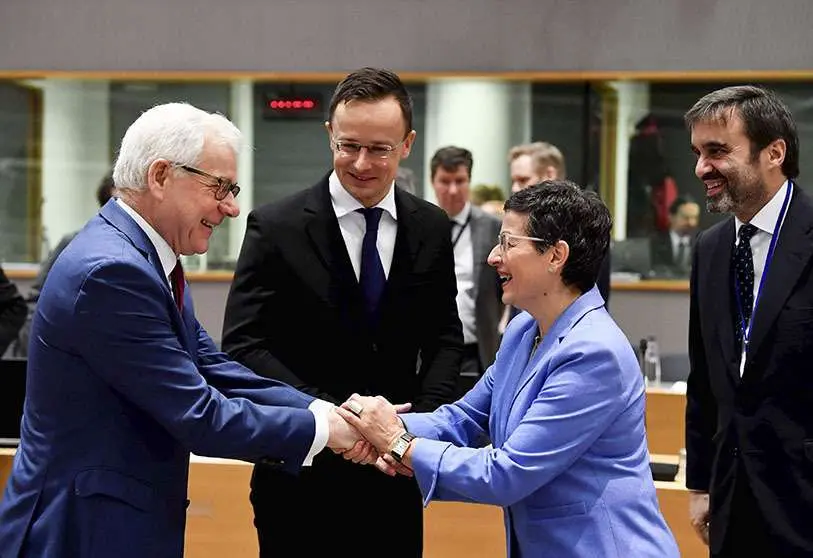Reviving the external agenda

The COVID-19 has for a long time paralysed the activity of most countries, from an economic, commercial, social and foreign relations point of view. Telematic meetings have been an urgent remedy to get out of the way, but they have not been sufficient to deal effectively with conflict resolution. It is essential to be physically present, to look each other in the eye, to capture the chemistry and the moods when evaluating the veracity of the proposals, always bordering on one's own interests.
This was the case with the European Union's Reconstruction Plan, which required several days of face-to-face negotiations with EU leaders. The EU survived because further inaction, such as during the financial and employment crisis of 2008, would have been a death sentence for citizens who need to confirm that their institutions serve to solve their problems.
It is true that now it is time to start implementing the agreed measures, to present the projects and to act in a coordinated way, also recovering the external agenda. For example, country borders that are subject to the movement of people and not just goods must be coordinated so that an industry such as tourism, which is vital to the economies and employment in the EU, can really start to recover.
It is true that each government's management of the pandemic among its citizens determines many decisions at European and international level. But it is clear that recovery from the serious crisis we are suffering, increased by the new wave of the virus, requires international collaboration.
It is therefore essential that the coronavirus should not hinder the European Union's external action in conflicts such as that of Libya, in aggressive and expansionist attitudes such as that of Turkish President Erdogan, in the needs of all kinds of Africa, which also harbours the terrorist threat in the Sahel, in the geostrategic shift in the Middle East with the diplomatic relations of the United Arab Emirates and Bahrain with Israel, and in the dark prospects for many Latin American countries.
All this is conditioned by the electoral result in the United States and its relations with China in the struggle for world hegemony, as well as Russia's recovery on many fronts. The crisis of the coronavirus and with its devastating economic and unemployment effects oblige us to continue with the internationalisation of Spain and its companies, paying special attention to our neighbours in Africa, which, as Cristina Gallach, Secretary of State for Foreign Affairs, said at the presentation of the Africa report by the Fundación Alternativas, must be much more on the Spanish agenda.

